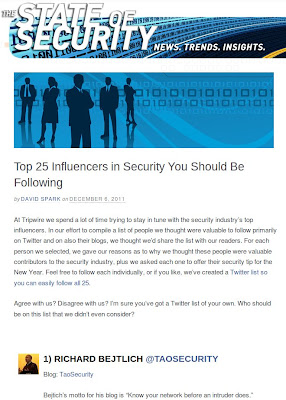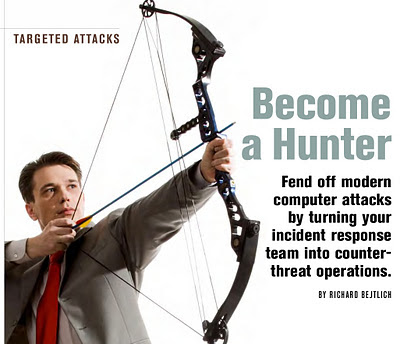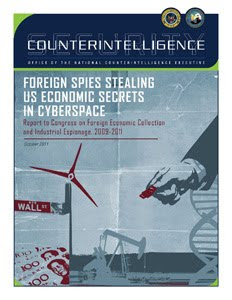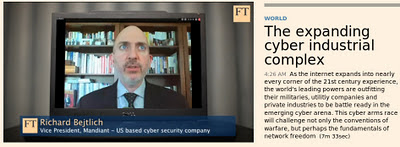Mandiant Webinar Wednesday; Help Us Break a Record!

I'm back for the last Mandiant Webinar of the year, titled State of the Hack: It's The End of The Year As We Know It - 2011 . And you know what? We feel fine! That's right, join Kris Harms and me Wednesday at 2 pm eastern as we discuss our reactions to noteworthy security stories from 2011. Register now and help Kris and me beat the attendee count from last month's record-setting Webinar. If you have questions about and during the Webinar, you can always send them via Twitter to @mandiant and use the hashtag m_soh . Tweet

























